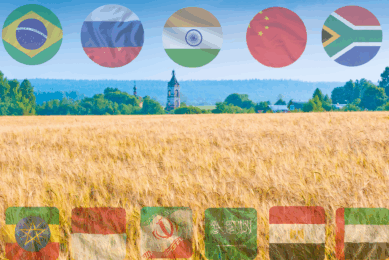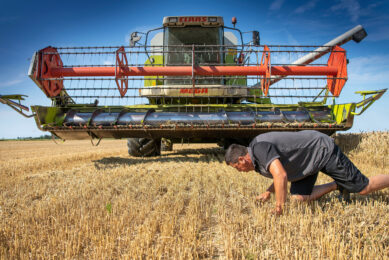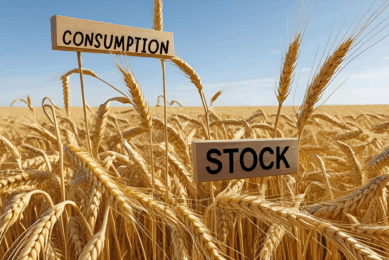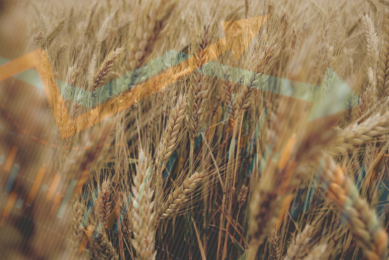Saudi Arabia tightens screws on the feed industry
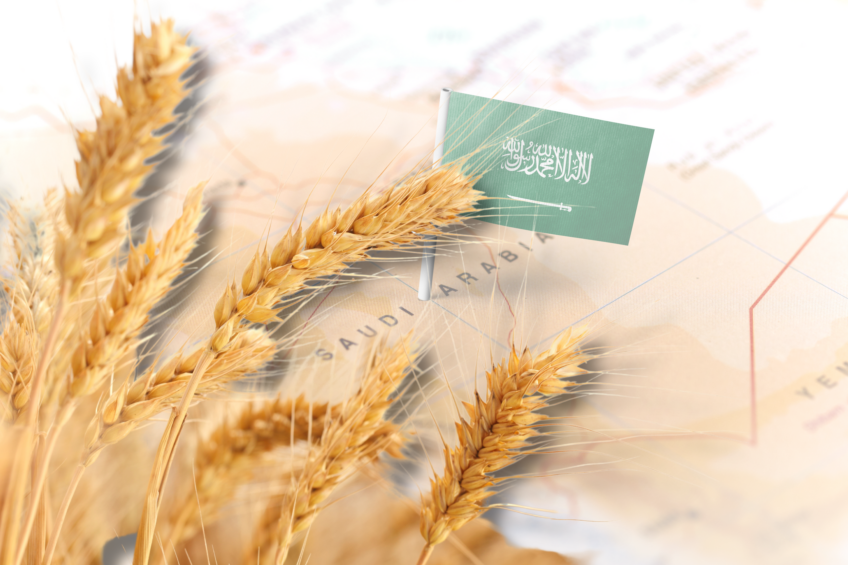
The Saudi authorities have fined several feed mills in the country allegedly involved in the illegal use of domestic wheat in feed production, a practice that has remained prohibited since 2022. The ban has recently been renewed despite complaints from local market players and a rise in domestic wheat output.
The Ministry of Supply and Internal Trade revealed that 6.8 tonnes of domestic wheat were seized at several feed mills in the country.
The discovered wheat batches will be confiscated, plus the violators will be subject to a fine of SAR 5,000 ($1350), which will grow exponentially with every consequential case of trespassing the rules.
The ban was originally imposed in 2022 to ensure all domestic wheat in the country is used to manufacture food and to encourage the feed industry to switch to alternative raw materials. However, local market players criticised the move, warning it would spur production costs in the sector.
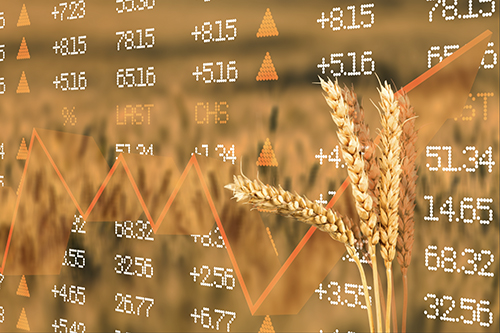
Food security in the spotlight
The measure was last renewed in May 2024, despite the forecasts indicating the country’s progress in ramping up domestic wheat production.
Saudi Arabia expects to produce 25% more wheat in 2024-25 for a total of 1.5 million tonnes.
In recent years, the country has made substantial efforts to bolster food security since the country still largely relies on food imports. Besides, all forecast envisages the demand in the food market to grow in the coming years.
With tourism increasing by 63% from 2022 and expected to reach 70 million international visitors by 2030, local authorities indicated that the nation will need more wheat, rice, and corn imports over the next several years.
New feed regulation
In the meantime, the Saudi General Authority for Food and Drugs has adopted a new technical regulation for feed and feed additives.
The document primarily formalised the already existing rules, though it tasked feed manufacturers to ensure their products are free of some potentially harmful substances.
Feed free from impurities
In particular, the regulation stipulated that all raw materials used in the feed industry should be free of impurities, including “animal remains, insects in any forms, rodents and their parts or waste.” The document detailed that feed will be considered generally safe if the percentage of impurities does not exceed 0.25% of the weight of the dry material.
12 materials banned from feed
The authorities have banned the use of 12 materials in feed, including animal farm waste such as: “poultry litter, horse manure, cow, sheep, goat and camel dung, poultry waste, dead chicks and rotten eggs.” The list of prohibited items also includes waste from large and small animal slaughterhouses.




